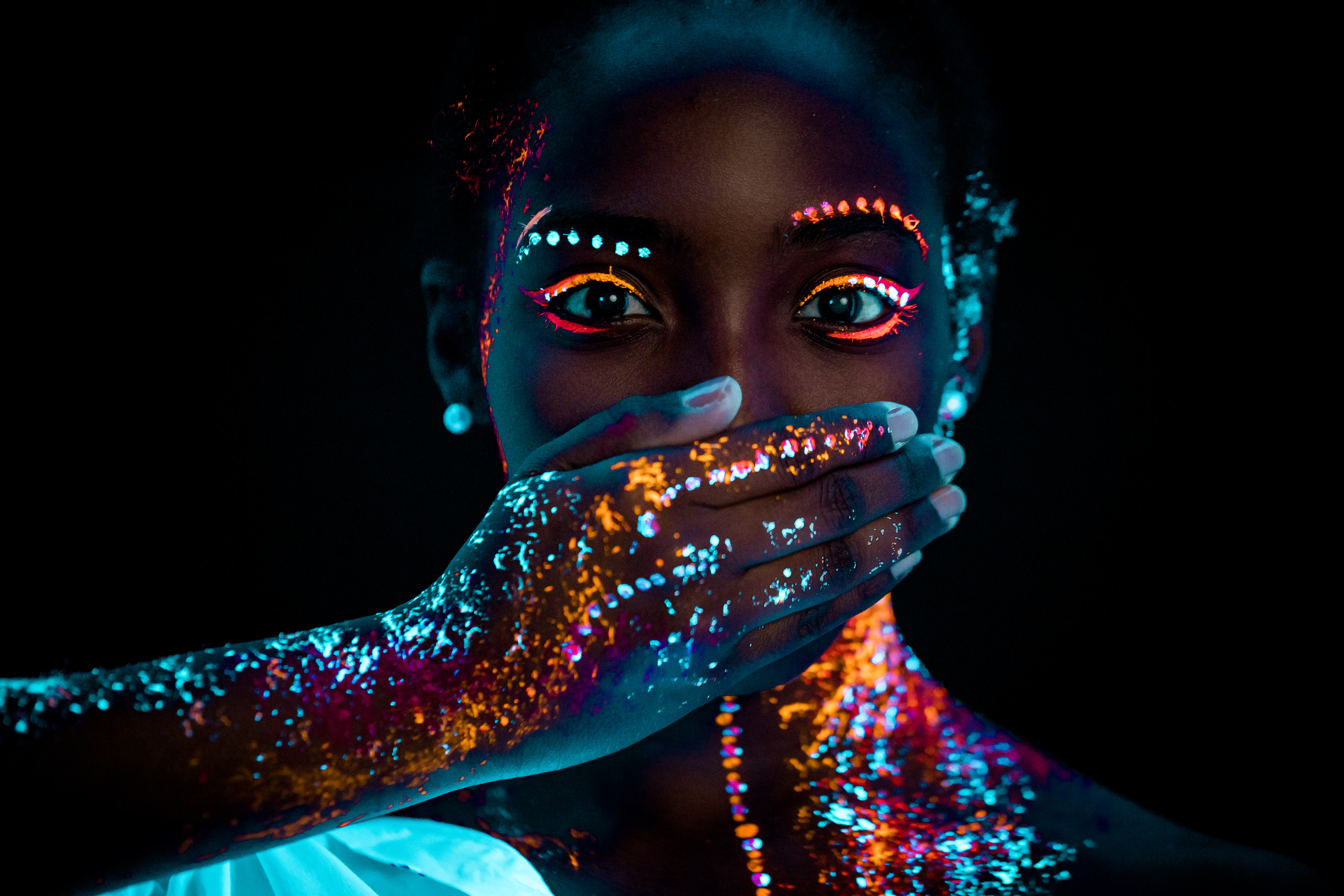At the end of 2021, the Economist predicted in The World Ahead 2022 series that the rise of African fashion would be one of the biggest trends in 2022. Several factors came into play to make that
prediction true:
- The Black Panther sequel in November 2022 displayed even more African fashion than we witnessed with the first movie
- The rise in demand for sustainability that was already a natural part of African luxury brands’ D.N.A.
- The demand for more black-owned brands following the rise of the Black Lives Matter
- The global surge in e-commerce making these brands more accessible to the world.
2022 did not disappoint and was a year to remember for the African fashion industry in many ways.
The surge of African Luxury Fashion brands
The continent has seen a significant increase in luxury fashion labels in recent years. These brands are challenging traditional ideas of luxury, offering a unique mix of vibrant colours and intricate prints that
are both different and stylish. These labels are also tapping into the continent’s rich heritage of craftsmanship and traditional design elements, creating truly unique pieces.
Global exposure and recognition
In recent years, the rise of Afrobeat music on the global music scene has made African musicians more mainstream and brought more attention to the African brands they are proudly promoting. With their
The interest in African fashion has increased due to the increasing influence of African celebrities and the support of African American artists such as Beyonce.
In June 2022, London’s Victoria and Albert Museum opened its first-ever African Fashion exhibition in its 170 years of existence. It showcased the rich history of African fashion and its growing influence through the work of 40 African contemporary artists. This unique event is open until the end of April 2023.
In the meantime, well-known African designers have increased their global reach through collaborations with more established fashion houses, like Valentino with Thebe Magugu, the South African designer on the rise since he won the LVMH designer prize in 2018. He has also worked with Adidas and Dior. Tokyo James, the Nigerian designer, became an LVMH prize semifinalist, walking in the footsteps of Thebe.
The rise of fashion on the continent On the continent, the market for luxury fashion is expanding too.
Driven by the growth of the African middle class and the emergence of high-net-worth individuals, the African luxury market is rapidly growing. According to a McKinsey & Company report, it is expected to reach $5.2 billion by 2025, up from $1.8 billion in 2015. This benefits a growing number of local brands and established European or American luxury brands, who increasingly see Africa as a promising untapped market.
At the end of 2022, Chanel hosted its Metiers d’art show in Dakar, Senegal. It was the first time that a European Maison would organize such an event in Africa and a testimony that luxury brands start to
consider the African Luxury Market seriously and want to develop a relationship with the continent.
But luxury fashion is not new to Africa. For a very long time, African luxury brands have been
participating to local fashion weeks. In 2022, South Africa Fashion Week celebrated 41 years , while
Dakar and Lagos fashion weeks – one of the most important fashion hubs on the continent- respectively
celebrated 20 and 10 years.
It is not only about fashion
African Luxury brands are often associated with fashion, but is actually comprised of a diverse range of
products, including accessories, beauty, home decor, hospitality, travels, …
On the beauty market, African luxury brands offer high quality ethically sourced products using local
natural ingredients like shea butter, hibiscus, and black soaps, and traditional know how.
Hand-made accessories promote uniqueness and craftsmanship.
On travel and hospitality, Africa is known for its beautiful landscape and safaris unique experiences.
With the increase of the middle class, more African will travel to the 54 countries of the continent and
develop that market.
Overall, the demand for African luxury products, services and experiences is expected to grow
significantly within the next year if the brands manage to face their challenges in terms of access
of funding, investments, infrastructure, and logistics.




Comments
Comments are closed.